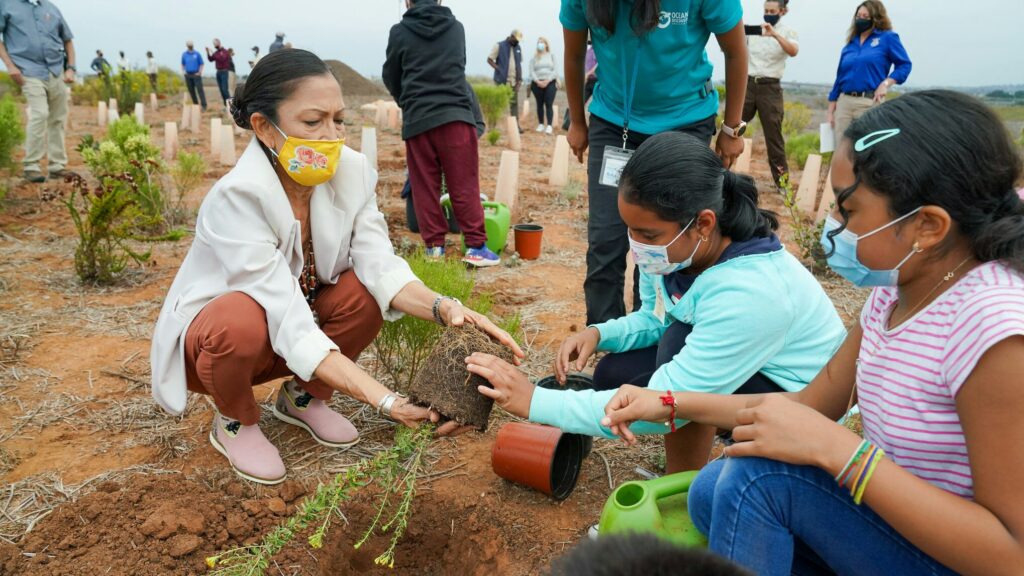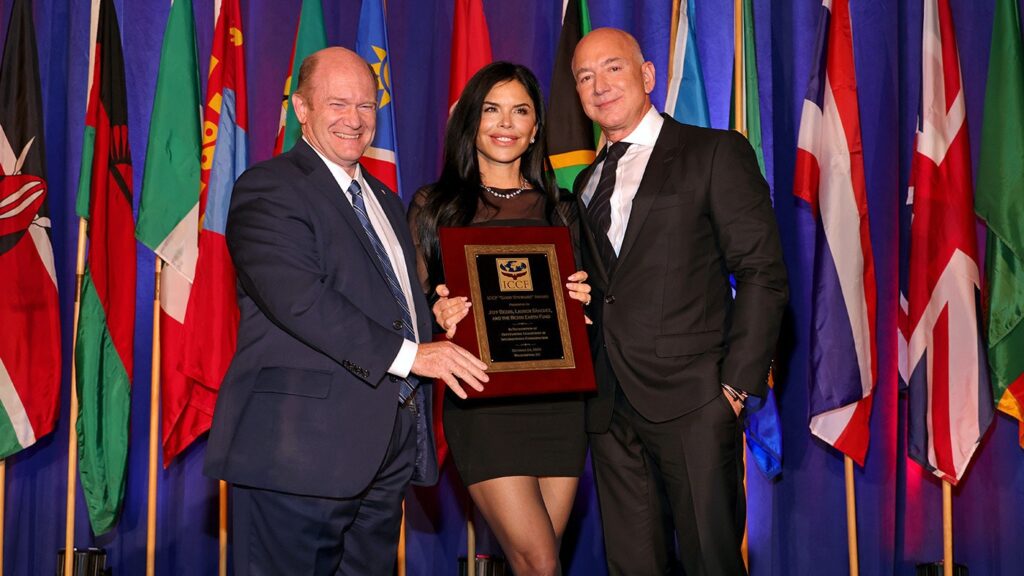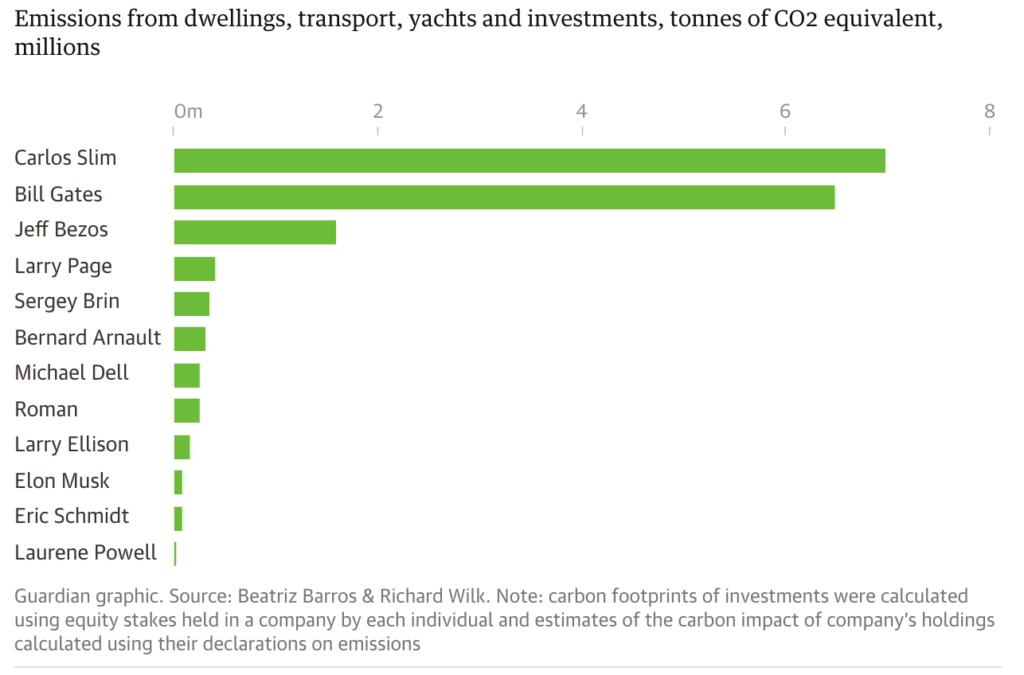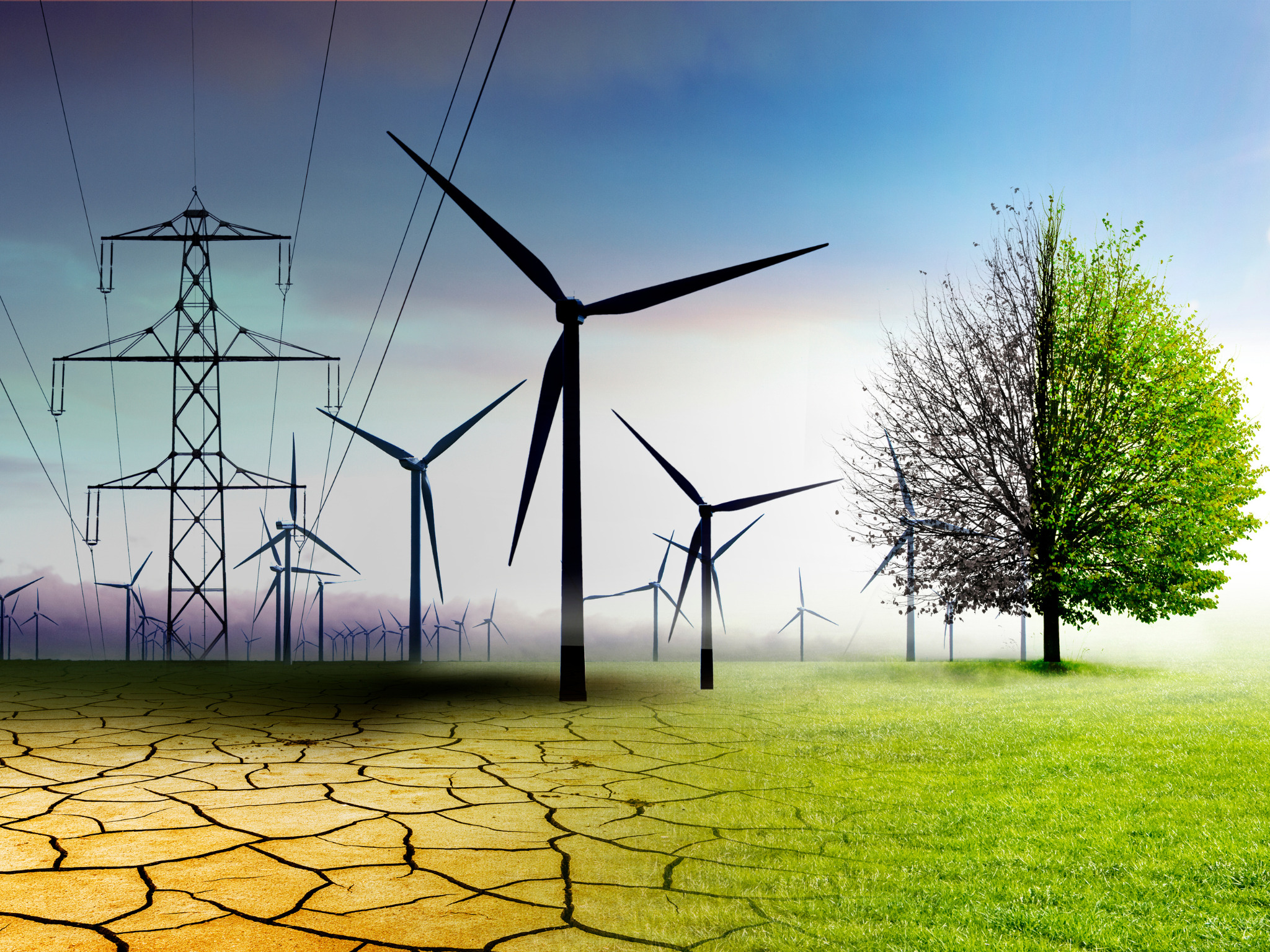Bezos Earth Fund Commits $57M for Future Food Transformation as Part of $1B Climate Fund
5 Mins Read
On the same day leaders around the world signed a COP28 declaration recognising the impact of food on climate change, the Bezos Earth Fund has announced a $57M grant towards tackling climate change, biodiversity loss and food security, which marks the beginning of a $1B climate funding pledge.
The Bezos Earth Fund has earmarked $57M in food-related grants to tackle the threats of climate change and biodiversity loss and preserve the future of food, as part of a larger $1B commitment to mitigate the impact of the food system on climate change.
Founded in 2020 through a $10B grant by Amazon founder Jeff Bezos, the fund is calling for a greater focus on food system transformation after 134 countries signed the COP28 UAE Declaration on Sustainable Agriculture, Resilient Food Systems, and Climate Action today, recognising. the link between food and agriculture and climate change.
The food system contributes to a third of all global emissions and is a major focus of this year’s UN climate summit. The COP28 food declaration will see countries add the impact of food and land use in their nationally determined contributions and climate adaptation plans by COP30, which will be held in Belém do Pará, Brazil in 2025.
Breaking down Bezos Earth Fund’s future food grant
The Bezos Earth Fund says apart from the $57M allocated now, it intends to distribute the rest of the $943M funds to support the ambitious implementation of emerging global agendas on food systems and climate by 2030.
Of the current grant, $30M will go to make livestock more sustainable – animal agriculture is currently responsible for 11-19.5% of all global emissions. This includes cutting livestock methane emissions by up to 30% in the next 10-15 years through a range of innovations, in partnership with the Global Methane Hub’s Enteric Methane R+D Accelerator. Additional grants will provide the capital to identify and develop low-methane feed and low-methane cattle breeding, as well as use a wearable sensor to measure cow methane emissions.

Marcelo Mena, CEO of the Global Methane Hub, said time is of the utmost importance in terms of emissions reductions. “Initiatives like the Accelerator, which concentrate efforts on the highest emitting sector of methane emissions, will advance important research and help create long-term solutions on methane reduction, as well as ensure food and economic security of local communities that participate, particularly in the Global South.”
A $16.3M portion of the fund will help limit Amazon deforestation, with plans to reach zero illegal deforestation in the Brazilian state of Pará within the next three years by creating what the Bezos Earth Fund claims will be the world’s largest animal traceability system. Teaming up with organisations like the Nature Conservancy, IMAFLORA, Earth Innovation Institute, and Aliança da Terra (among others), the initiative will be able to trace meat, dairy and leather to eliminate deforestation from value chains, and bring about “forest-positive incentives” for cattle farmers and ranchers.
Another $8.3M, meanwhile, is earmarked to promote climate-smart agricultural practices. The Earth Fund is increasing its knowledge of soil ecosystems through seismology to assess carbon sequestration potential, facilitated by the Earth Rover Program. And teaming up with the Platform for Agriculture and Climate Transformation, the fund says it’s ensuring that federal financing in the US to decrease farm-level methane emissions reaches producers adopting climate-friendly practices.
Finally, the remaining amount ($2.6M), will support efforts to tackle food loss and waste – a third of all food produced is wasted across the world – alongside the Food and Land Use Coalition. They will do so by setting up an alliance of nations that will work to transform food systems. Moreover, by partnering with the think tank Clim-Eat the Earth Fund will develop food tech innovations and bring together stakeholders to accelerate their deployment.
“At COP28, it’s time to turn pledges and commitments into action and funding for innovative food solutions and food systems transformation,” said Andy Jarvis, director of future food at the Bezos Earth Fund. “Food isn’t just having a moment in COP28 – it’s the start of real momentum, and through the grants, we are announcing we will deliver that.”
Addressing climate inequalities and food emissions

The fund has also collaborated with over 16 other philanthropies to sign a new statement of action, committing to invest, advocate and partner to tackle food security and sustainability, in line with the 2015 Paris Agreement, which set out a goal to limit global warming to 1.5°C above pre-industrial levels. But this target is already in doubt, with current policies and consumption rates on course to reach 3°C, which will have a calamitous impact on the planet, especially on vulnerable populations.
This $57M grant is part of a broader food portfolio by the Earth Fund to support innovations like low-cost virtual livestock fences and initiatives promoting plant-rich diets and alternative proteins. Research has shown that meat accounts for 60% of all food emissions. Moreover, further analysis has found that replacing just half of our meat and dairy consumption with plant-based alternatives can double climate benefits and halt deforestation while reducing the number of undernourished people globally by 3.6% to 31 million.
A report by the UN Food and Agriculture Organization – which will present a roadmap for agrifood systems’ pathway to 1.5°C at COP28 – earlier this month revealed that 70% of the food industry’s hidden costs are health-related, and a quarter linked to the climate, with low-income countries hit the hardest.

And a study by Oxfam has suggested that the richest 1% of the world’s population are responsible for more carbon emissions than the poorest 66%, with emissions high enough to cause heat-related deaths of 1.3 million people in the coming decades. Bezos was third on the list of the multi-billionaires analysed, with the report finding that it would take the bottom 99% over 1,500 years to match the emissions of the top 1%.
“We cannot afford for food to be on the sidelines of climate and nature conversations any longer. Food is a victim, problem, and solution in the climate and nature crises, and we must raise its profile in the discussion,” said Andrew Steer, CEO and president of the Bezos Earth Fund. “We applaud countries raising their ambitions, prioritising food in their climate goals, and urge them to go bigger and bolder. We need to do things differently to feed a growing global population without degrading the planet and now is the moment for action.”




